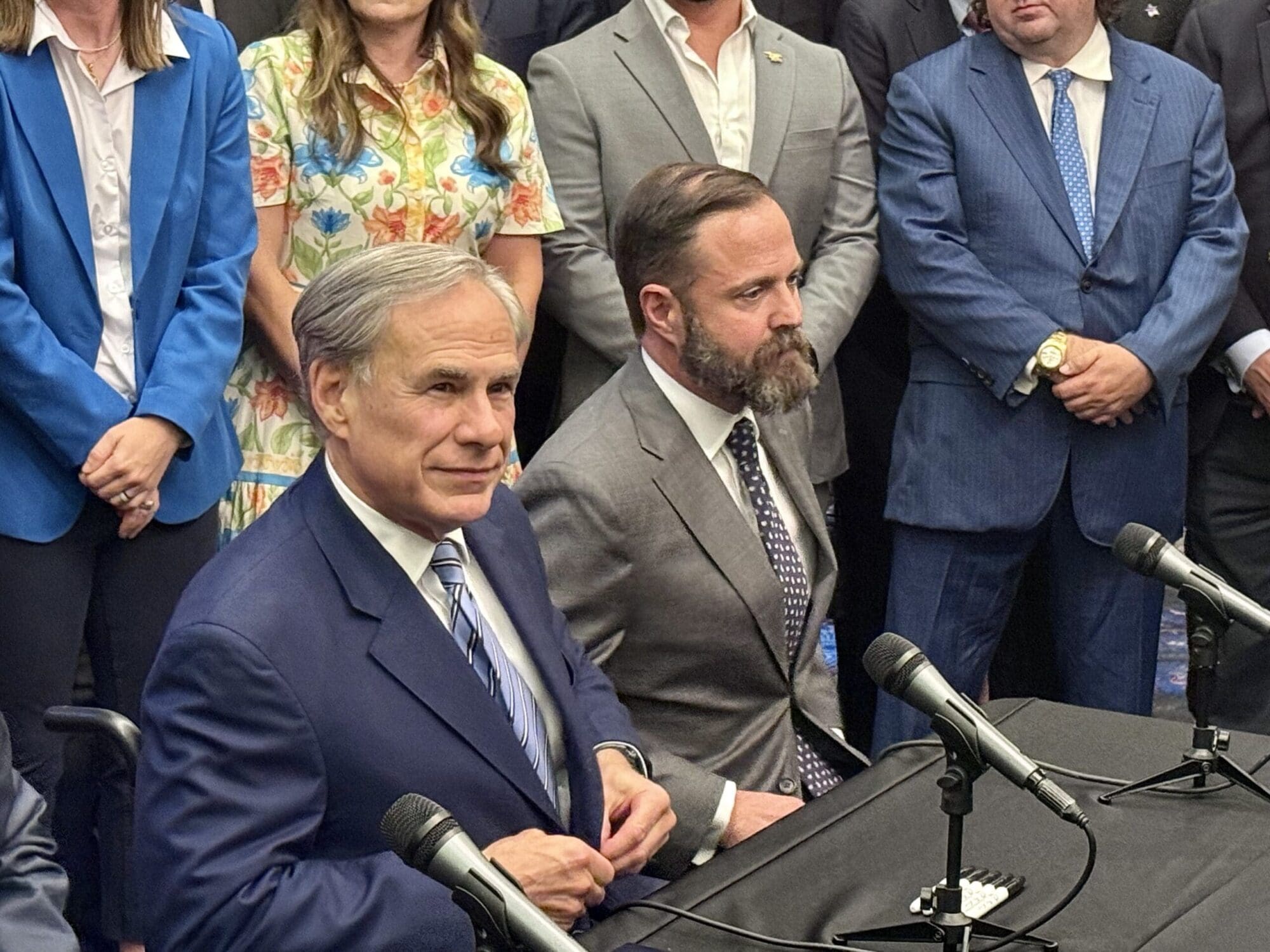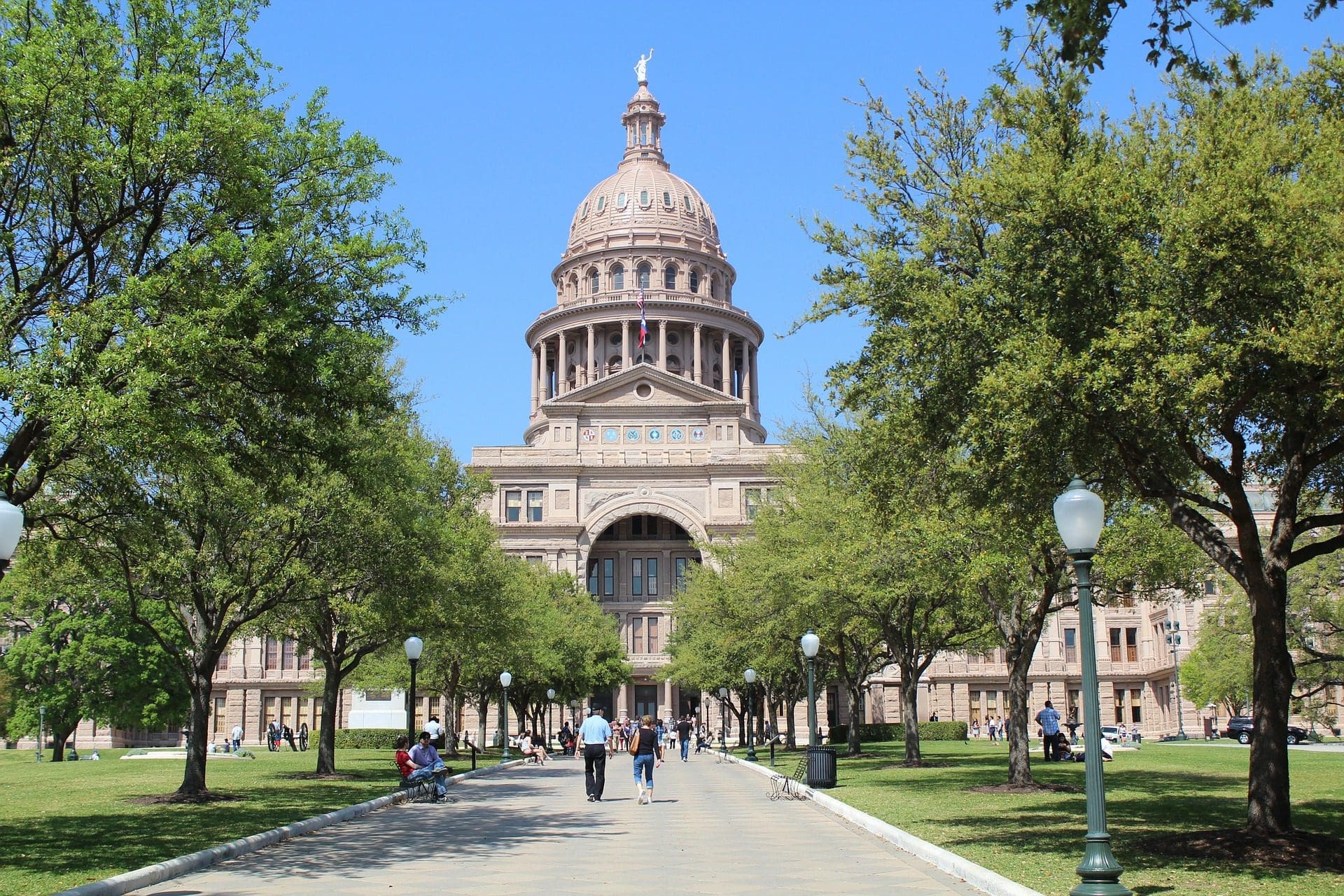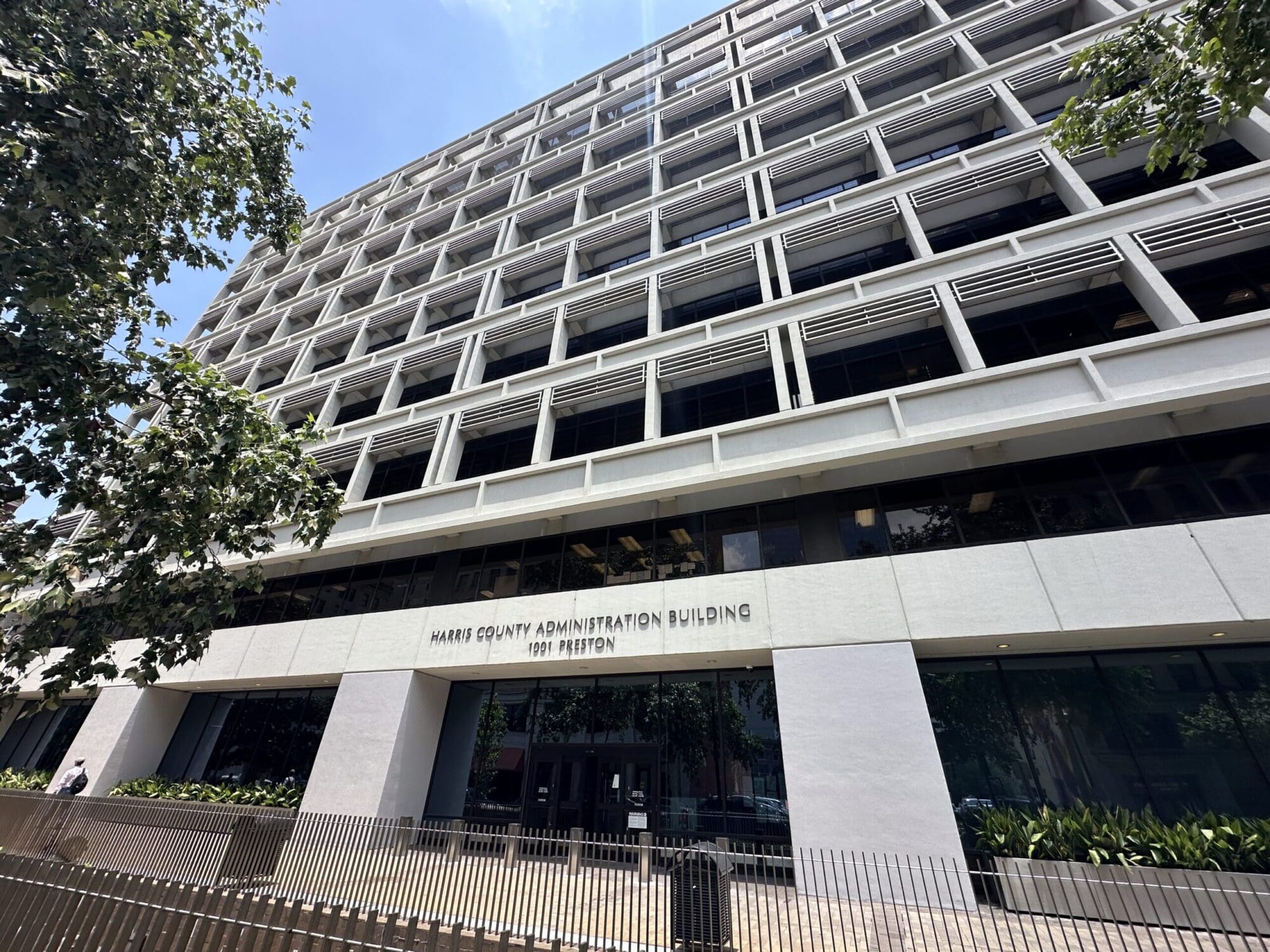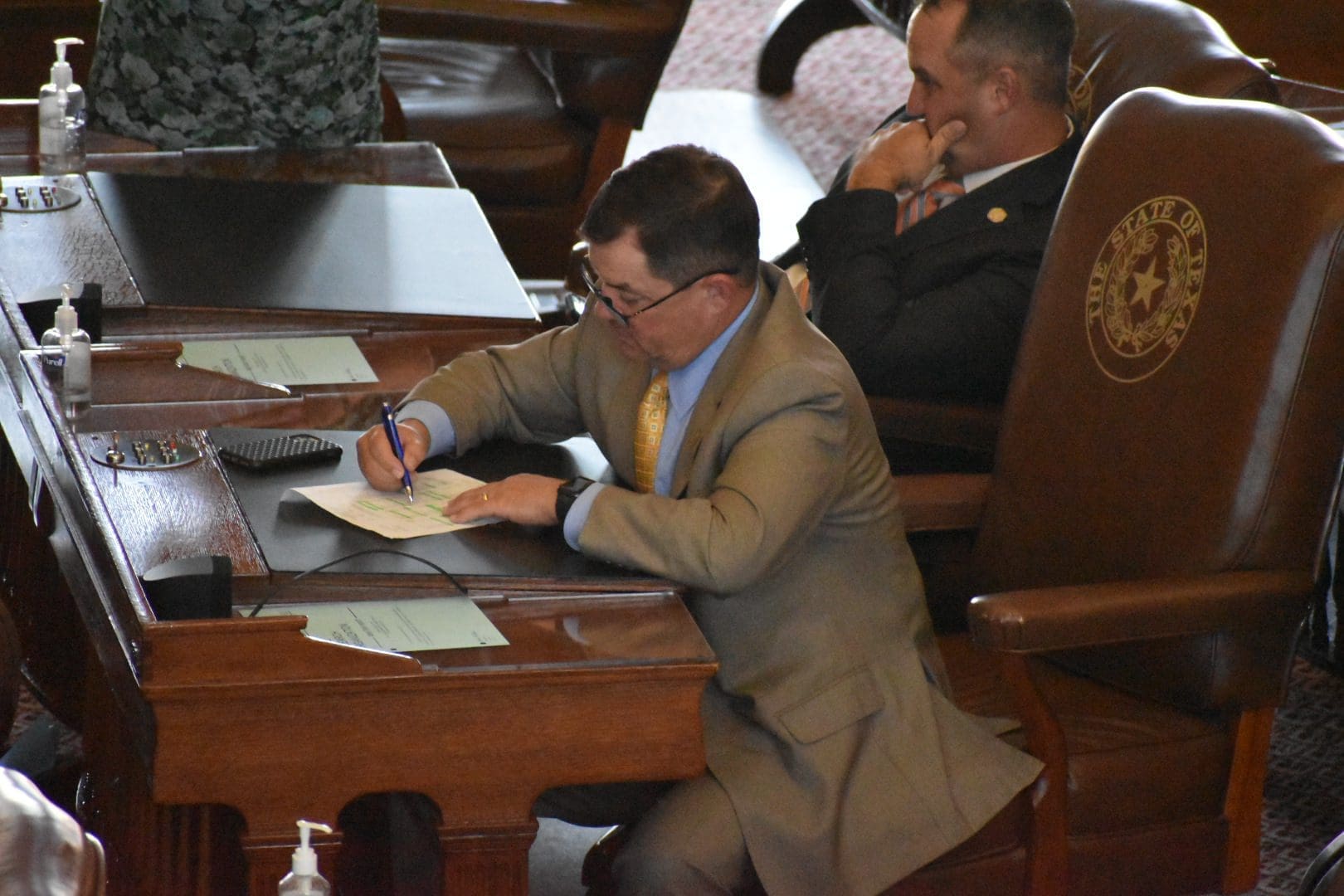Legislation to ban taxpayer-funded lobbying is one step closer to the governor’s desk after passing the Texas Senate on its second reading Tuesday.
A long-standing practice in the halls of the Texas Capitol, taxpayer-funded lobbying refers to cities, counties, and other local governments or taxing entities spending money to lobby the legislature. Often, it is done in an effort to take on pro-taxpayer policies, such as property tax relief and reform or measures of increased accountability and transparency.
Senate Bill 29 by State Sen. Bob Hall (R–Edgewood) seeks to end the egregious practice by prohibiting public entities from spending money on lobbyists to represent them before the legislature.
While legislation to end tax-funded lobbying has been filed in previous sessions, support for ending the practice has grown in recent years. The Republican Party of Texas added the policy to its list of legislative priorities during its convention last June. Even Gov. Greg Abbott voiced his support for ending the practice last year after the City of Tyler made plans to spend $200,000 during the legislative session to lobby against property tax reform.
The issue was truly pushed to the forefront, however, during committee hearings for Senate Bill 2 and House Bill 2, legislation to allow voters to have a say over property tax increases. While everyday taxpayers travelled down to Austin on their own dime to support the bills, taxpayer-funded lobbyists came in droves to oppose the legislation. Every person who testified against the bill either worked for a local government, was a taxpayer-funded lobbyist, or had another direct interest derived through a beneficial relationship to a taxing entity.
“This will level the playing field between the small cities and the large cities,” said Hall, pointing out the dozens of lobbyists employed by the City of Austin and Austin ISD alone. Hall also highlighted the Texas Municipal League’s opposition to property tax reform and annexation reform during the current session as reasons to support the bill.
“I came here to represent the people of Texas. I was not elected by a city, county, or school district,” Hall asserted, adding that local officials could call him at any time to express their concerns without spending taxpayer dollars on lobbyists.
In what has become a theme, the bill ultimately passed 18-13, with Republican State Sen. Kel Seliger (Amarillo) joining every Democrat in opposing the pro-taxpayer measure.
Now the bill will be voted on again tomorrow in the Senate, after which it will likely be sent to the Texas House, where similar legislation by State Rep. Mayes Middleton (R–Wallisville) was passed out of the State Affairs Committee at the end of March, languishing in the Committee on Calendars ever since.





